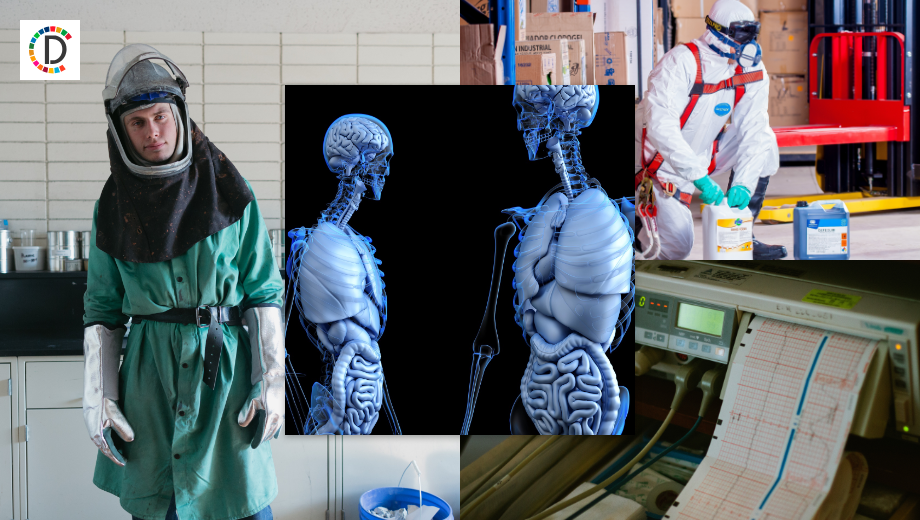Breakthrough in Long COVID-19 Research: Mouse Models Offer New Hope
Researchers at the University of Virginia have developed a new mouse model to study long COVID-19. They discovered that blocking overactive immune cells can restore lung function in mice. This study could lead to new treatment strategies for long COVID-19 and other chronic respiratory diseases.

- Country:
- United States
Researchers at the University of Virginia have achieved a significant breakthrough in understanding long COVID-19. Through innovative use of mouse models, they discovered that blocking specific overactive immune cells can help restore lung function.
The study involved analyzing lung samples from patients suffering from long COVID-19 and comparing pathology in mice infected with various respiratory viruses. Surprisingly, influenza-infected mice showed physical symptoms most akin to severe chronic lung disease, offering valuable insights into treatment options.
Importantly, the drugs tested in this study are already FDA-approved for treating severe COVID-19 and other inflammatory conditions, paving the way for rapid application in clinical settings. This research holds promise not just for long COVID-19 but also for other chronic lung diseases arising from respiratory infections.
(With inputs from agencies.)










